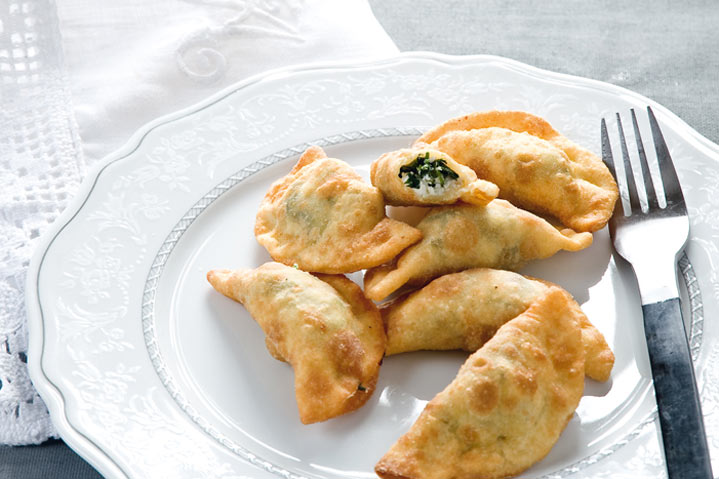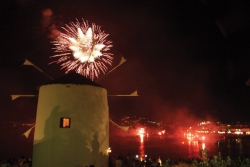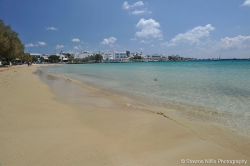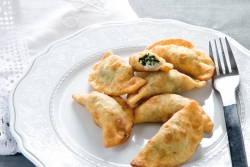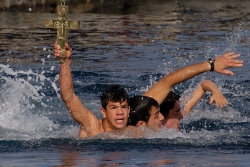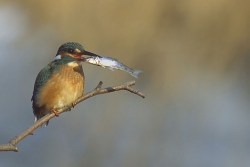Carnival in Naoussa
Naoussa continues to maintain the character of the carnival, which is inextricably linked to ancient customs and traditions. Having recharged their batteries after the intensity of the summer season, the residents of Naoussa and the few winter visitors revive age-old customs that share common ground: costumes that inspire spontaneity, merrymaking, revelry and teasing, with wine and good food.
The carnival period in Naoussa begins on the feast of Agios Antonios, on 17 January. There is even a satirical phrase that is indicative of how the locals feel in mid-January: “After Ai Antonios, the carousing begins!” The festivities climax on the last Sunday of carnival. Families gather at home at midday and eat all together. Word of who has decided to transform the carnival table into a carousal quickly spreads through the village. Everyone is welcome to the feast that follows, provided that they knock on the door in costume. The day dictates that the costumes shouldn't have masks, but be comprised of items from closets at home.
The sound of bagpipes and clarinets accompanies the dancers. The residents of Naoussa dance an ancient dance called the Ageranos. The Ageranos is similar to a slow hasaposerviko and develops into a dance labyrinth with everyone participating. According to legend, the Geranos (or Ageranos as the Parians call it), was danced by Theseus on Delos when he returned from Crete and wanted to thank the god Apollo. That very same dance is still a key component of the carnival on Paros.
Since ancient times, the Ageranos was the opportunity for those who had a secret love to reveal the person they were in love with. Hence, the dance is accompanied by improvised verses by the man in love or his friends, with suggestive comments about what he was feeling and was too embarrassed to reveal. Then, everyone present went down to the center of the village, after first raiding the closets of those not in costume. For the lady of the house, the carousal is a lot of work, but at the end of the day is well worth the trouble.
The carnival processions begin in the narrow streets of Naoussa. Accompanied by music, groups of wedding and funeral parodies meet at the port and join in together for a crazy gaitanaki (carnival game) to the sound of firecrackers. It is an honest-to-goodness spontaneous Aegean carousel, that charms all visitors. A worthwhile winter excursion that everyone should experience at least once in their lives.
The carnival scene is completed with various games played only by adults, with brash teasing, gestures and vulgar language. The only prerequisite to participating is to get into the spirit of the carnival and to be prepared to be the "victim" of a game with unpredictable developments, without misunderstanding or bad feelings.
The carnival naturally has its own traditional dishes. In addition to the traditional Aegean dishes, the ladies of the house prepare myzithropitakia and rafiolia (cheese pies), sweets with fresh myzithra cheese, with sugar and honey, which are fried and unbelievably delicious.








